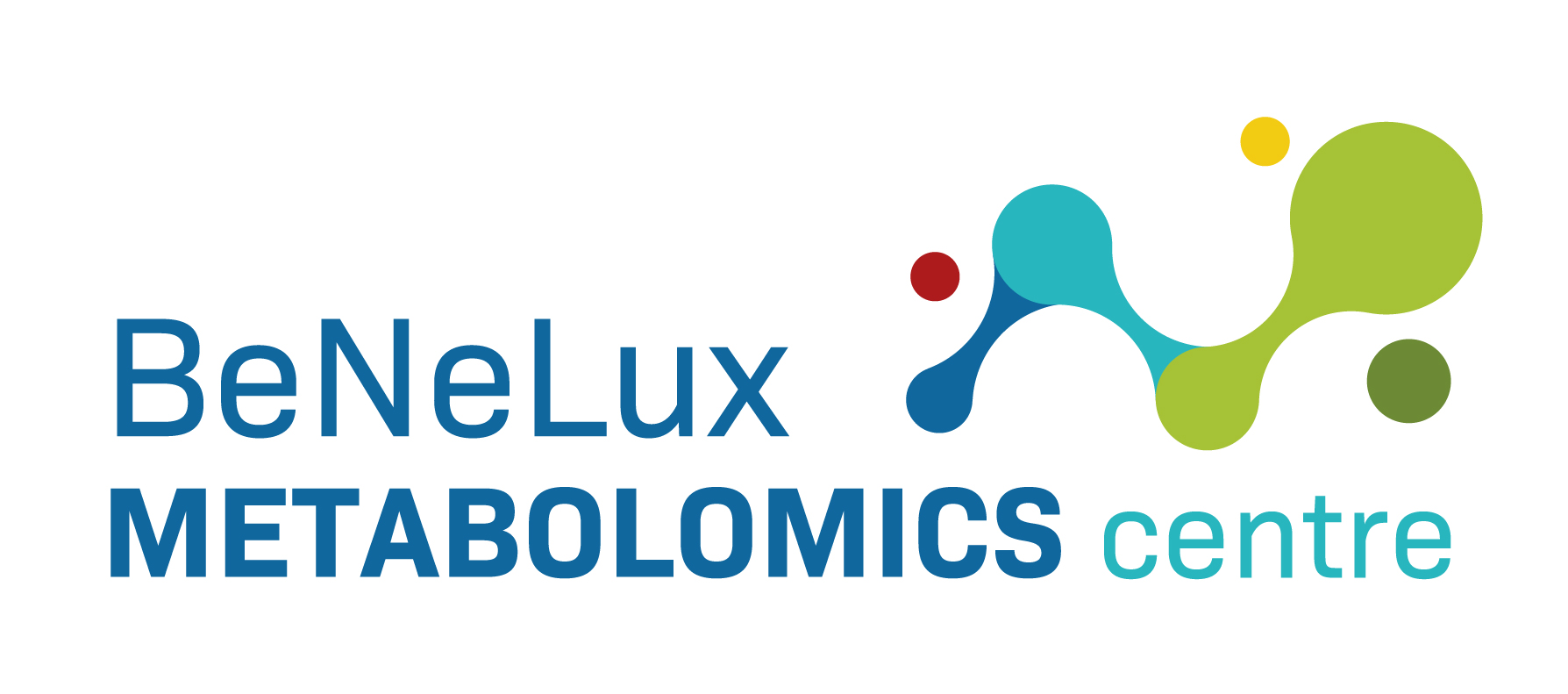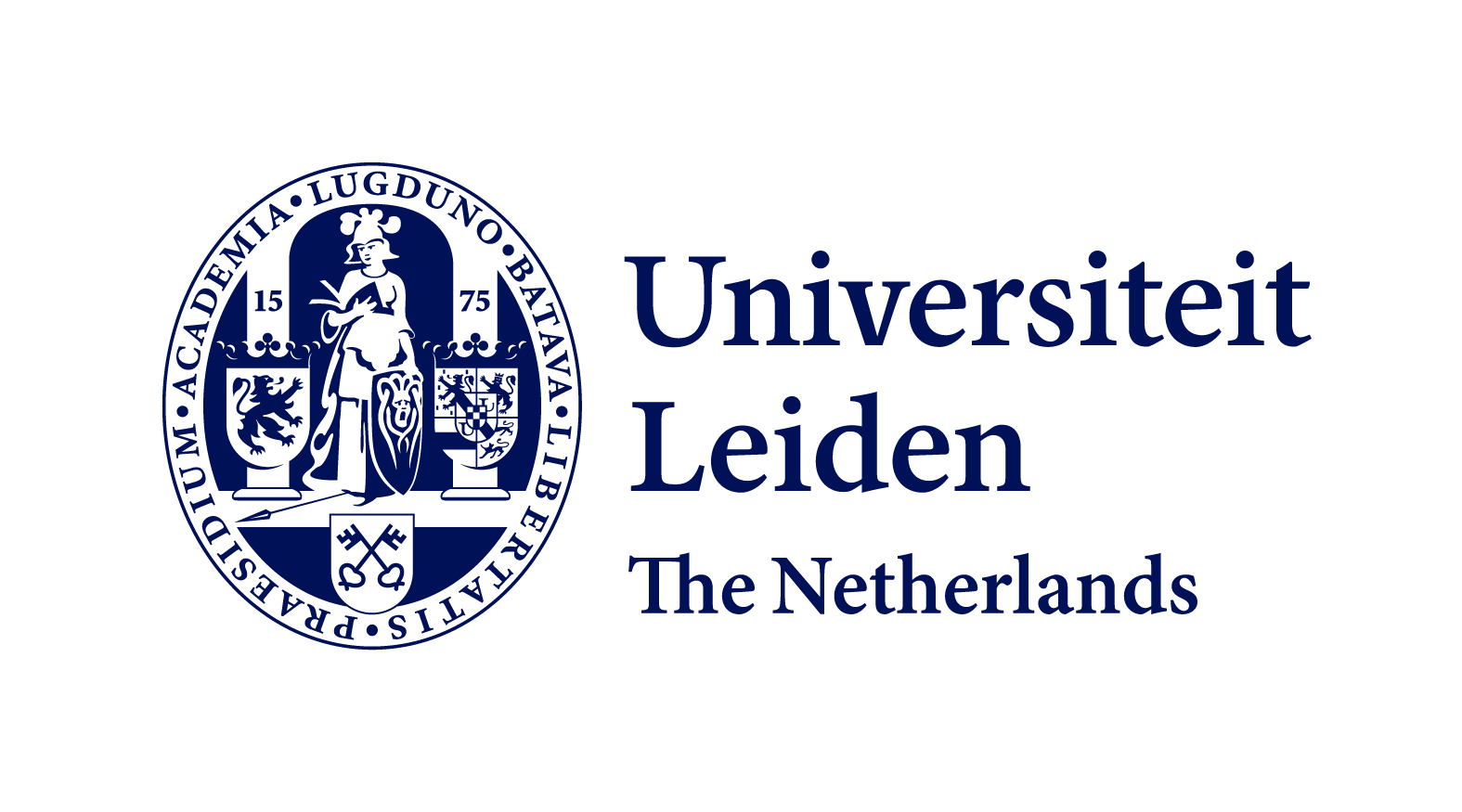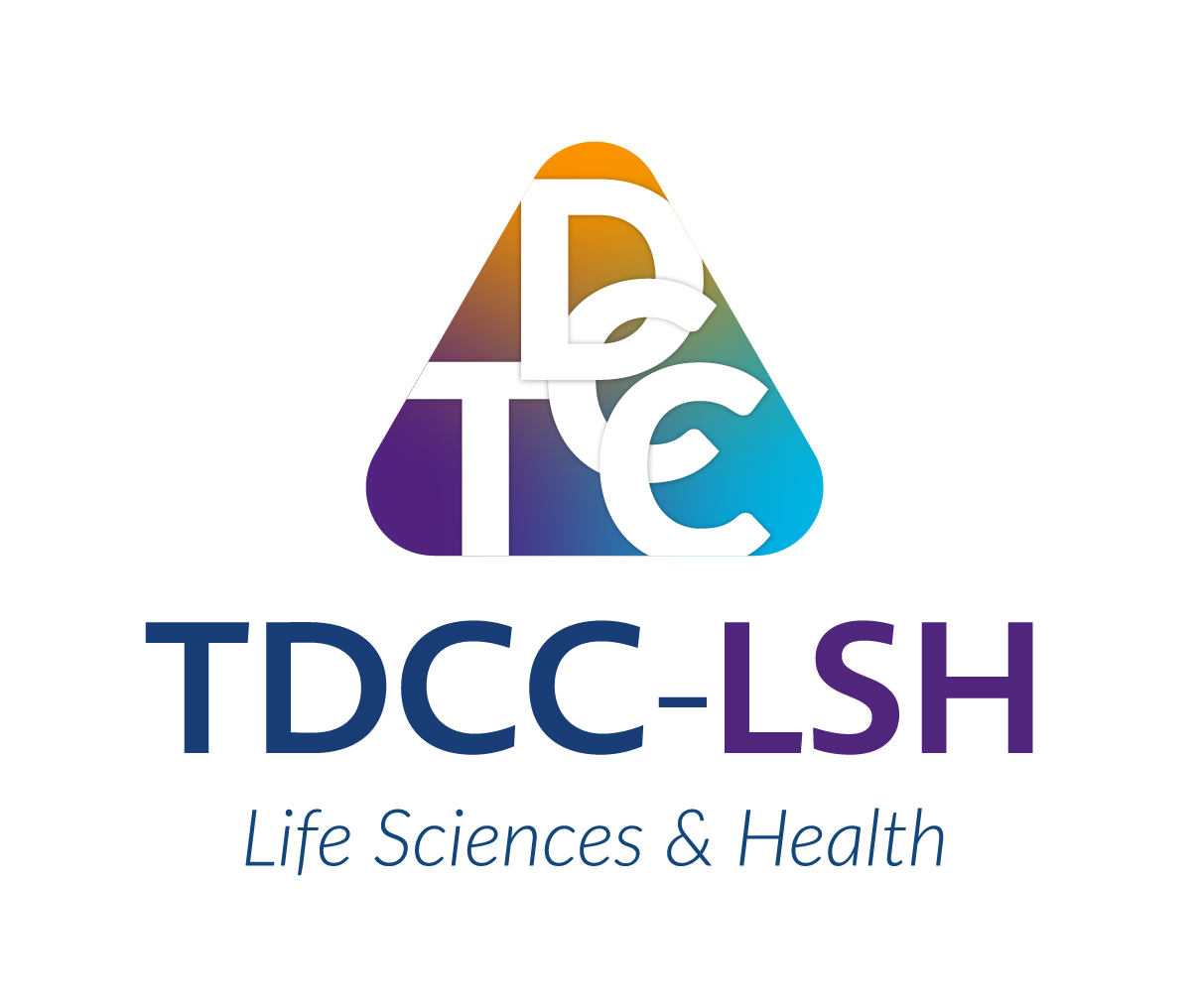Bart Ghesquiere

(expert technologist) of the Metabolomics Core Facility, Center for Cancer Biology (CCB) and VIB Technologies, VIB.
Bart Ghesquière was trained as a biotechnologist at the University of Ghent worked with Professor Joël Vandekerckhove and Professor Kris Gevaert on the development of chromatographic technologies linked to state-of-the-art mass spectrometry for the study of protein modifications linked to oxidative stress and protein N-glycosylation for his PhD and postdoc until 2010.
In 2011, he joined the team of Professor Rod Levine (NIH, NHLBI, Bethesda, US) to apply his technologies for the quantification of methionine oxidation onto biological relevant models (ischemia, stroke). For his work at NIH, Bart Ghesquière received the Orloff Science award.
In 2012 Professor Peter Carmeliet recruited him to apply his mass spectrometry knowhow to understand how endothelial cells change their metabolism during angiogenesis. In order to apprehend the metabolomics technologies, Bart Ghesquière spent several research stays at renowned laboratories (Prof Maciek Antoniewicz, Delaware, US and Prof Eyal Gottlieb, Glasgow, UK).
Today he is leading a team of 16 researchers (2 project managers, 2 expert technicians, 3 senior postdoctoral scientist, 3 data-analysts and 6 Phd students (2 as promotor, 4 as co-promotor)) providing service to metabolomics-oriented research groups as well as developing his own research lines focusing on technology (method development, software and hardware) as well as biology (profiling metabolic disorders/syndrome). The core technology is based on tracer metabolomics providing straightforward insights into the relevant metabolic pathways ("Google Maps of Biochemistry"), as such revealing not only the (in)activity of biochemical paths, but as well their interconnectivity in a wide variety of circumstances.
Presentation
Go with the Flow: Shear Stress as a Metabolic Switch in Endothelial Cells
Abstract
Endothelial cells (ECs) are constantly exposed to hemodynamic forces in vivo, which play a pivotal role in shaping their function and behavior. However, most in vitro studies overlook this dynamic environment, often relying on static conditions. In this study, we investigated how wall shear stress (WSS)—a key mechanical force—modulates EC metabolism, with a specific focus on central carbon metabolism and glycolysis.
Using transcriptomic profiling and tracer metabolomics, we examined metabolic shifts in ECs exposed to WSS. Our analysis revealed a significant upregulation of genes involved in glutamine and glutamate metabolism, accompanied by a downregulation of glycolytic pathways. Metabolic flux analysis further confirmed that WSS promotes glutamine-driven anaplerosis into the Krebs cycle, while suppressing glycolysis. Chemical inhibition of glutamate dehydrogenase compromised EC viability under WSS, highlighting its functional importance.
These findings demonstrate that ECs adapt to WSS by shifting their metabolic preference toward glutamine utilization over glycolysis. This mechanotransduction-driven metabolic reprogramming underscores the influence of physical forces on vascular cell function and offers insights into the metabolic plasticity of ECs in response to their mechanical environment.
Benelux Metabolomics Days 2025
 Registration website for Benelux Metabolomics Days 2025
Registration website for Benelux Metabolomics Days 2025Benelux Metabolomics Days 2025meike.bunger@health-ri.nl
Benelux Metabolomics Days 2025meike.bunger@health-ri.nlhttps://www.aanmelder.nl/beneluxmetabolomicsdays2025
2025-08-27
2025-08-28
OfflineEventAttendanceMode
EventScheduled
Benelux Metabolomics Days 2025Benelux Metabolomics Days 20250.00EUROnlineOnly2019-01-01T00:00:00Z
Villa JongeriusVilla JongeriusKanaalweg 64 3527 KX Utrecht Netherlands









